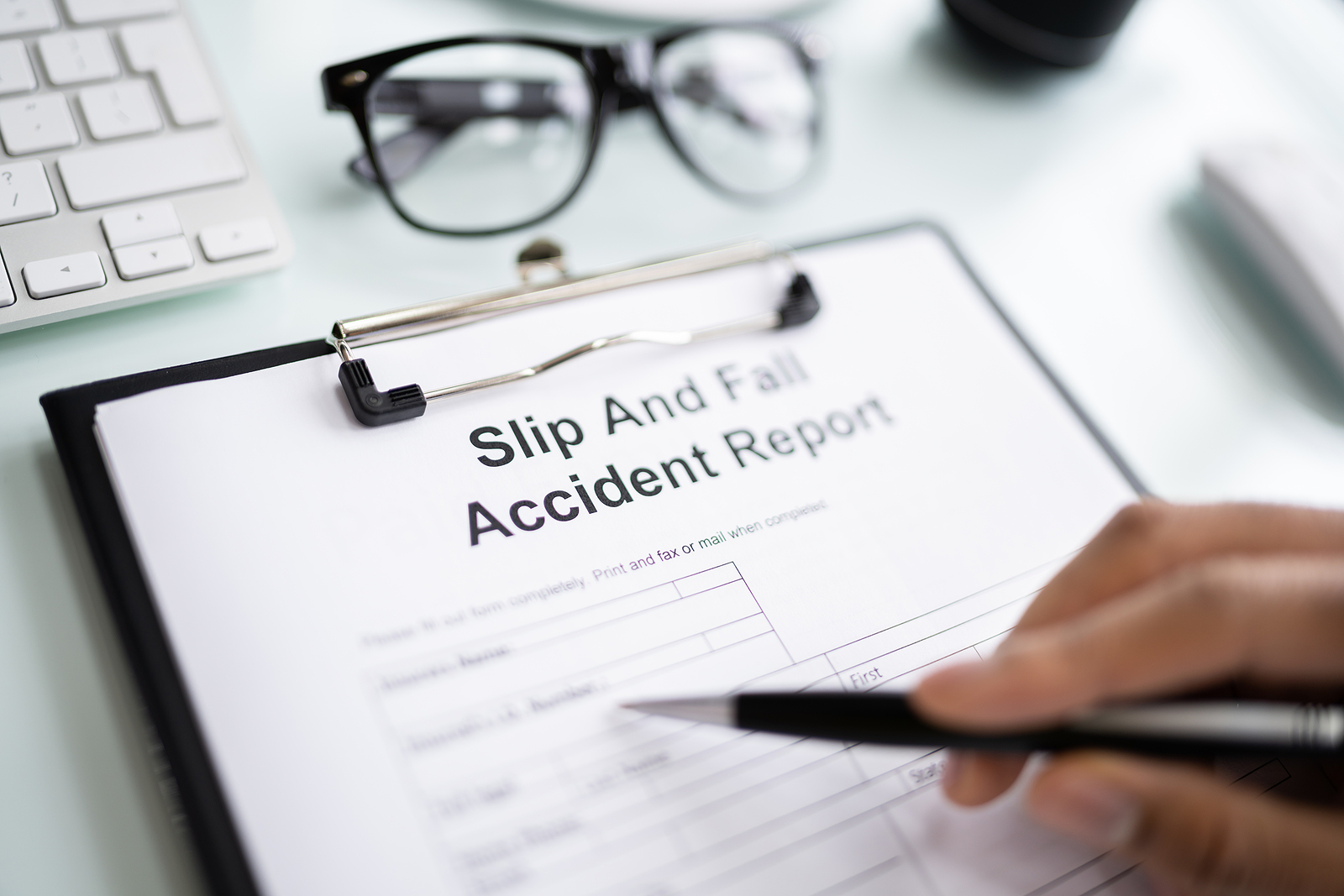The Legal Aspects of Slip and Fall Cases- What You Need to Know
Slip and fall accidents can happen anywhere, from supermarkets and restaurants to sidewalks and office buildings. While these accidents may seem minor, they can result in serious injuries and significant legal implications. If you’ve been injured in a slip and fall incident, it’s essential to understand the legal aspects of these cases. In this article, we will provide an overview of the key legal elements in slip and fall cases and what you need to know if you find yourself in such a situation.
Establishing Liability
Proving liability is the foundation of any slip and fall case. Liability means determining who is legally responsible for the accident and your injuries. Several key factors contribute to establishing liability:
- Duty of Care: Property owners and occupiers owe a duty of care to visitors or customers. This duty requires them to maintain the property in a reasonably safe condition and address hazards promptly.
- Breach of Duty: To establish liability, you must demonstrate that the property owner or occupier breached their duty of care by failing to address a dangerous condition or hazard.
- Causation: You must establish a direct link between the hazardous condition on the property and your injuries. In other words, the hazardous condition must have directly caused the slip and fall.
Notice: In some cases, you must prove that the property owner knew or should have known about the hazardous condition but failed to address it. This is referred to as “notice.”

Gathering Evidence
Collecting and preserving evidence is crucial in slip and fall cases. Evidence can include:
- Photographs or videos of the accident scene, highlighting the hazardous condition.
- Statements or contact information from witnesses who saw the incident.
- Documentation of your injuries, such as medical records and photographs.
- Incident reports, if available, from the property owner or manager.
- Promptly gathering evidence supports your case and helps establish liability.
Comparative Negligence
In some slip and fall cases, the injured party may bear some responsibility for the accident. This is known as comparative negligence. For example, if you were distracted or acting carelessly when the accident occurred, it could affect your ability to recover compensation.
Under comparative negligence, your compensation may be reduced proportionally to your level of responsibility. Some states follow a pure comparative negligence system, where you can still recover damages even if you are mostly at fault. Others adhere to a modified comparative negligence system, which bars recovery if the injured party is more than 50% or 51% at fault, depending on the state.
Seeking Compensation
If you can establish liability, you may be entitled to compensation for:
- Medical Expenses: This includes past and future medical bills related to your injuries.
- Lost Wages: If the accident caused you to miss work, you can seek compensation for lost income.
- Pain and Suffering: You may be entitled to damages for the physical and emotional pain and suffering caused by the accident.
- Property Damage: If any personal property, such as clothing or electronic devices, was damaged in the incident, you can seek compensation for repair or replacement.
- Legal Fees: If you hire an attorney to represent you, their fees can be part of the compensation sought.
Statute of Limitations
It’s essential to be aware of the statute of limitations for slip and fall cases in your state. The statute of limitations is the legal time limit for filing a lawsuit after the accident. Failing to file within this time frame can result in the loss of your right to seek compensation.
Conclusion
Understanding the legal aspects of slip and fall cases is crucial if you’ve been injured in such an incident. Proving liability, gathering evidence, considering comparative negligence, seeking compensation, and adhering to the statute of limitations are all vital elements in these cases. To navigate the complexities of a slip and fall claim successfully, it’s advisable to consult with a personal injury attorney who can provide guidance, protect your rights, and help you seek the compensation you deserve.
